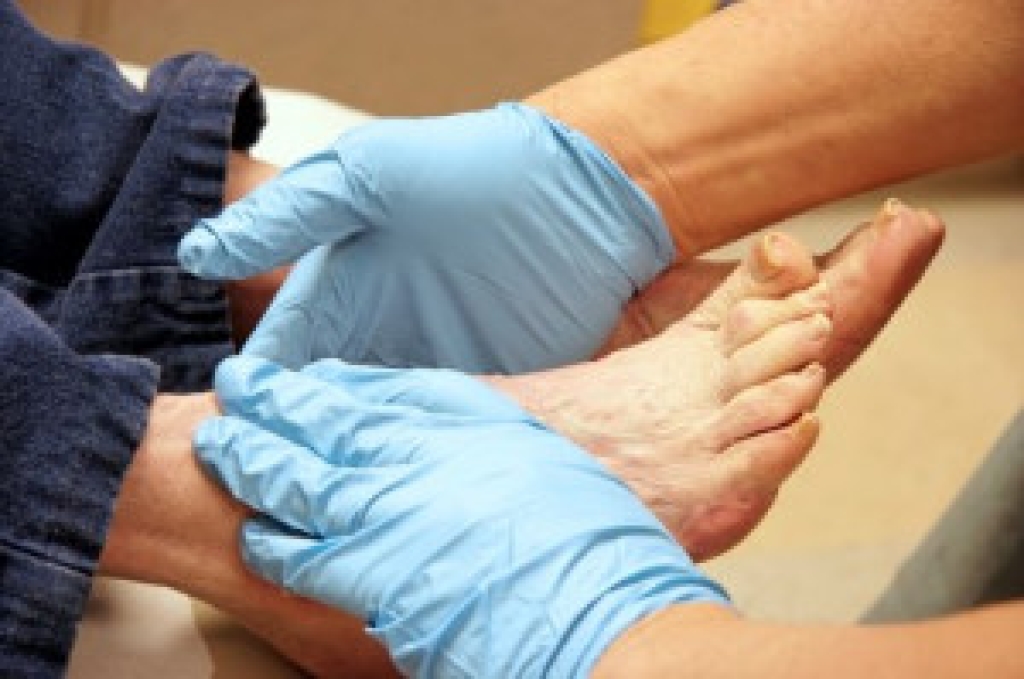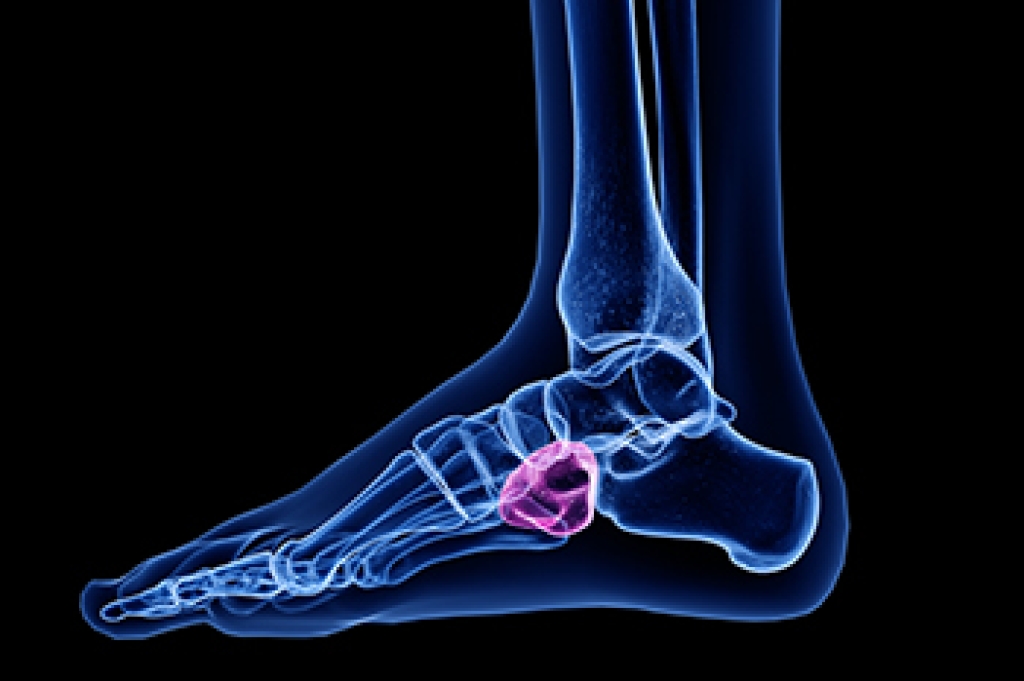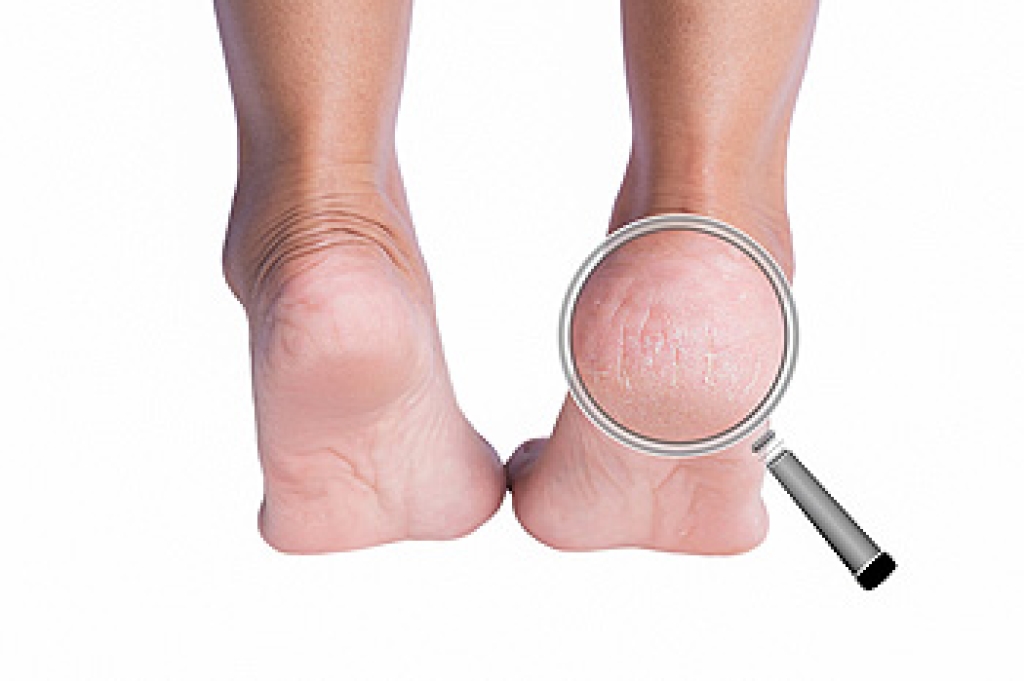
Plantar fasciitis surgery is considered when persistent heel pain fails to improve with appropriate nonsurgical care. One option, an endoscopic plantar fasciotomy, releases a portion of the tight fascia through small incisions. Benefits include less tissue trauma than open procedures, quicker return to activity, and proven success in reducing chronic heel pain. However, this surgery has risks. Some patients develop lingering discomfort, nerve irritation, arch weakness, or altered foot mechanics if excessive tissue is released. Recovery restrictions still apply, and relief is not guaranteed. A podiatrist confirms the diagnosis, reviews imaging, and rules out other causes of heel pain before recommending surgery. Proper surgical planning and follow up monitoring help limit complications and support healing. The podiatrist also explains expected outcomes and recovery timelines before scheduling procedures. If you have pain from plantar fasciitis, it is suggested that you make an appointment with a podiatrist to find out if surgery is a viable choice for you.
Plantar fasciitis is a common foot condition that is often caused by a strain injury. If you are experiencing heel pain or symptoms of plantar fasciitis, contact one of our podiatrists from East Ocean Podiatry . Our doctors can provide the care you need to keep you pain-free and on your feet.
What Is Plantar Fasciitis?
Plantar fasciitis is one of the most common causes of heel pain. The plantar fascia is a ligament that connects your heel to the front of your foot. When this ligament becomes inflamed, plantar fasciitis is the result. If you have plantar fasciitis you will have a stabbing pain that usually occurs with your first steps in the morning. As the day progresses and you walk around more, this pain will start to disappear, but it will return after long periods of standing or sitting.
What Causes Plantar Fasciitis?
- Excessive running
- Having high arches in your feet
- Other foot issues such as flat feet
- Pregnancy (due to the sudden weight gain)
- Being on your feet very often
There are some risk factors that may make you more likely to develop plantar fasciitis compared to others. The condition most commonly affects adults between the ages of 40 and 60. It also tends to affect people who are obese because the extra pounds result in extra stress being placed on the plantar fascia.
Prevention
- Take good care of your feet – Wear shoes that have good arch support and heel cushioning.
- Maintain a healthy weight
- If you are a runner, alternate running with other sports that won’t cause heel pain
There are a variety of treatment options available for plantar fasciitis along with the pain that accompanies it. Additionally, physical therapy is a very important component in the treatment process. It is important that you meet with your podiatrist to determine which treatment option is best for you.
If you have any questions, please feel free to contact our office located in Deerfield Beach, FL . We offer the newest diagnostic and treatment technologies for all your foot care needs.




